Beyond the Buzz of the Night
There’s a certain glamour to the late-night glow of spinning reels, fast wins, and adrenaline-soaked hours. But what happens the morning after? Whether in person or on platforms like 5Gringos casino, the rush of a gambling session is often followed by an intense emotional and physical comedown.
This phenomenon – dubbed the “gambling hangover” – is more than just metaphor. It’s a legitimate psychological state marked by emotional swings, regret, sleep disruption, and cognitive dissonance. This article explores the seldom-discussed reality of what a player really feels when the music stops and the screen goes dark.
The Anatomy of a Gambling Hangover
Defining the Experience
A gambling hangover refers to the emotional, mental, and sometimes physical effects experienced after a long or intense gambling session. It’s not limited to losing players – winners can also feel it.
Common Symptoms
- Emotional numbness
- Anxiety and regret
- Fatigue
- Difficulty concentrating
- A strong desire to re-enter the game to “correct” the outcome
Emotional Repercussions
The Emotional Crash
Much like a sugar rush or adrenaline high, gambling floods the brain with dopamine. When that supply drops – especially after extended play – the emotional crash hits hard.
Regret and Rationalization
Players often replay decisions, questioning bets and behaviors. Winners worry they should’ve stopped earlier; losers dwell on what they could’ve done differently.
Disconnection
After intense hours of virtual immersion, returning to the real world can feel jarring. Conversations may feel dull. Tasks seem meaningless. The contrast amplifies emotional fatigue.
The Physical Fallout
Disrupted Sleep
Players who gamble into the night – especially with high emotional stakes – tend to experience shallow, interrupted sleep. Blue light exposure, cognitive stimulation, and caffeine don’t help.
Muscle Tension and Headaches
Tense shoulders, stiff posture, and long periods without movement can lead to next-day discomfort. Dehydration and fatigue compound this physical stress.
Adrenaline Fatigue
Like athletes after a game, players who ride an emotional high may feel drained and sluggish for hours or even days.
Expert Insights: What the Brain Remembers
Dr. Maria Kouris, Cognitive Neuroscientist
“The gambling hangover is a withdrawal of stimulation. The brain essentially returns to baseline, but without the neurochemical cushion, it feels like a loss – even if no money was lost.”
Leo Thanasis, Risk and Retention Specialist
“Our analytics show that many players log in the morning after just to ‘check in’ – a sign they’re emotionally looping, trying to resolve feelings from the night before.”
The Illusion of Control Revisited
Post-Hoc Rationalization
After a gambling binge, players try to rewrite the narrative to make sense of the outcome. This reinforces the illusion of control, perpetuating cycles of play.
The Rebound Mentality
Players often feel compelled to return to the game, believing they can balance the emotional books – “I just need one more session to feel okay again.”
When Winning Feels Just as Bad
The High Stakes of Winning
Paradoxically, a big win can lead to anxiety. Players worry about when to stop, whether they’ll ever replicate the success, or feel undeserving of the win.
Guilt and Emotional Isolation
Winning while others lose (especially in social contexts) can breed guilt. The euphoria fades quickly when there’s no one to celebrate with or when it’s overshadowed by self-doubt.
Case Studies: Players in Their Own Words
Kostas, 41, Thessaloniki
“I won €1,200 at casino. I should’ve felt great, but I couldn’t sleep. I kept thinking I could’ve won more – or that I’d lose it all tomorrow.”
Elina, 29, Patras
“After a long session, even breaking even feels like failure. The next morning, I felt like I’d wasted my energy and time. I was emotionally hungover.”
The Role of Platform Design
Stimulation Without Resolution
Casino platforms are designed to be immersive. Fast animations, win flashes, and sounds create emotional loops. But sessions often end abruptly – leaving the brain seeking closure.
Tools for Post-Play Awareness
Platforms are beginning to integrate session summaries, emotional feedback prompts, and downtime reminders to help players decompress consciously.
The Psychological Spiral
Shame and Secrecy
Many players feel embarrassed by their behavior, especially if they broke self-imposed limits. This shame often fuels isolation and avoidance.
Rationalizing the Next Session
Players often tell themselves, “I’ll just play a small amount next time,” as a way of alleviating guilt – while keeping the cycle alive.
Recognizing the Warning Signs
Emotional Recurrence
If feelings of regret, anxiety, or confusion become routine post-session, it’s a sign that gambling behavior is emotionally unsustainable.
Physical Clues
Frequent sleep disruption, jaw clenching, or headaches after gambling should not be ignored – they are tangible evidence of emotional overload.
Building Recovery Rituals
Decompression Practices
After a session, players can benefit from non-digital wind-down activities: stretching, journaling, or listening to calming music.
Morning Clarity Routines
Instead of checking the balance first thing in the morning, players are encouraged to eat, hydrate, and take a mindful pause before revisiting their session.
Responsible Engagement with Casino
Session Reflection Tools
Casino offers features that allow players to review session stats – wins, losses, time spent – to promote informed reflection.
Self-Limiting Settings
Players can set cooldown periods or financial limits to prevent impulsive re-entry the morning after a long session.
Emotional Insight Prompts
Prompts like “How are you feeling right now?” or “Did this session align with your goals?” add emotional intelligence to the platform.
Long-Term Impact of Repeated Hangovers
Emotional Desensitization
Repeated exposure to emotional highs and lows can lead to flat affect – reduced capacity to feel joy or disappointment in non-gambling areas of life.
Displacement of Real-Life Goals
The more energy goes into gambling, the less is available for pursuits like relationships, career growth, or hobbies. Over time, the gap between real life and casino life widens.
Conclusion: Feeling the Morning Light
The night before may have been electric – but what remains in the morning is often more telling. The gambling hangover isn’t about regret alone – it’s about unmet emotional needs, overstimulation, and unresolved loops.
Platforms recognize this emotional reality and are working to create safer, more reflective environments. Because the best games are the ones that end with clarity, not confusion.
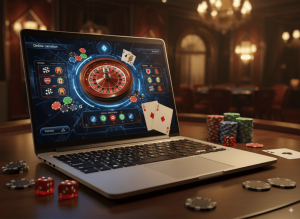
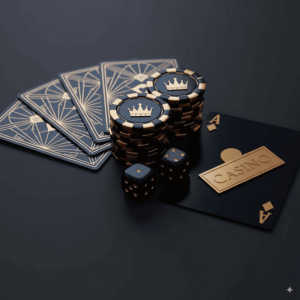
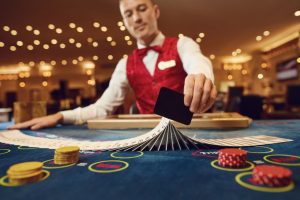
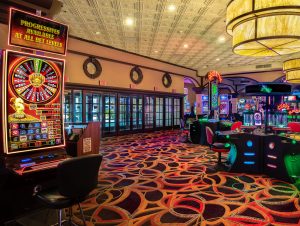
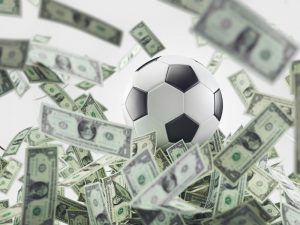
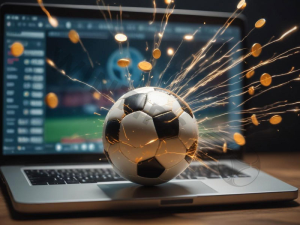
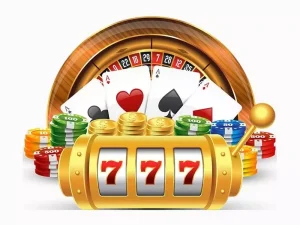
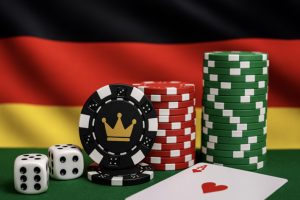
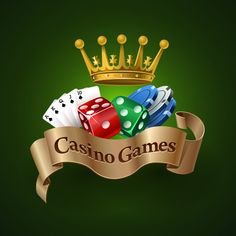
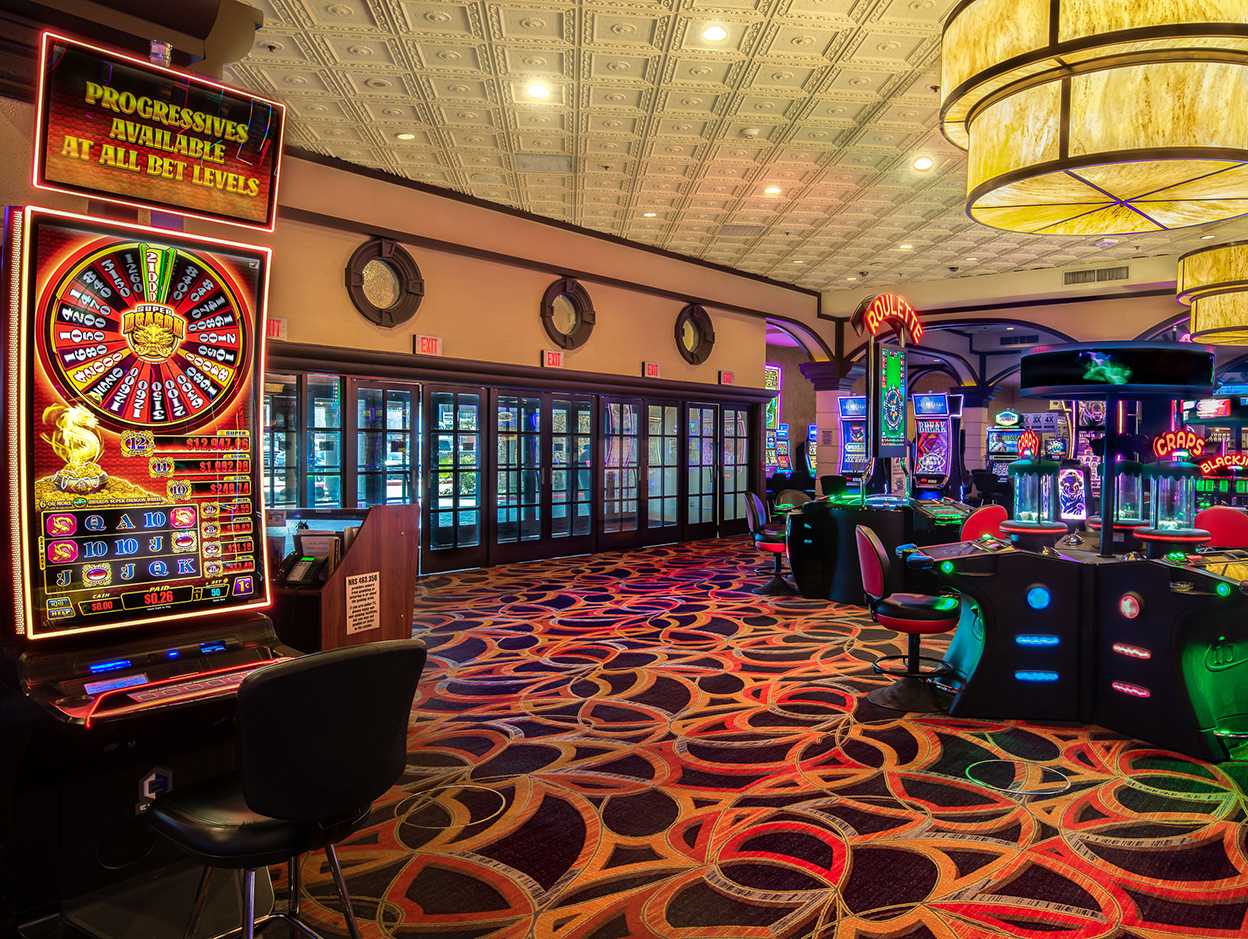
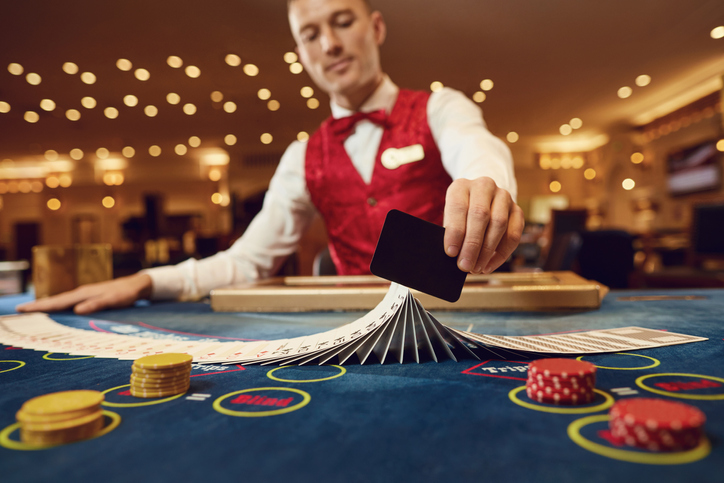
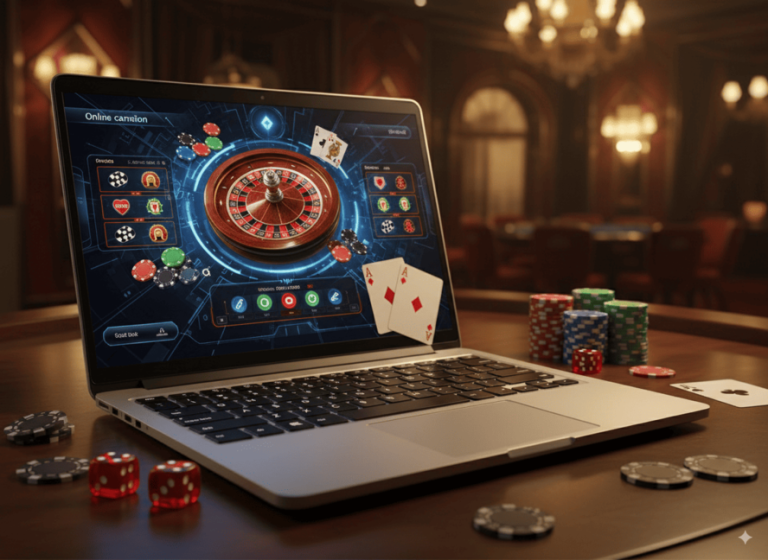
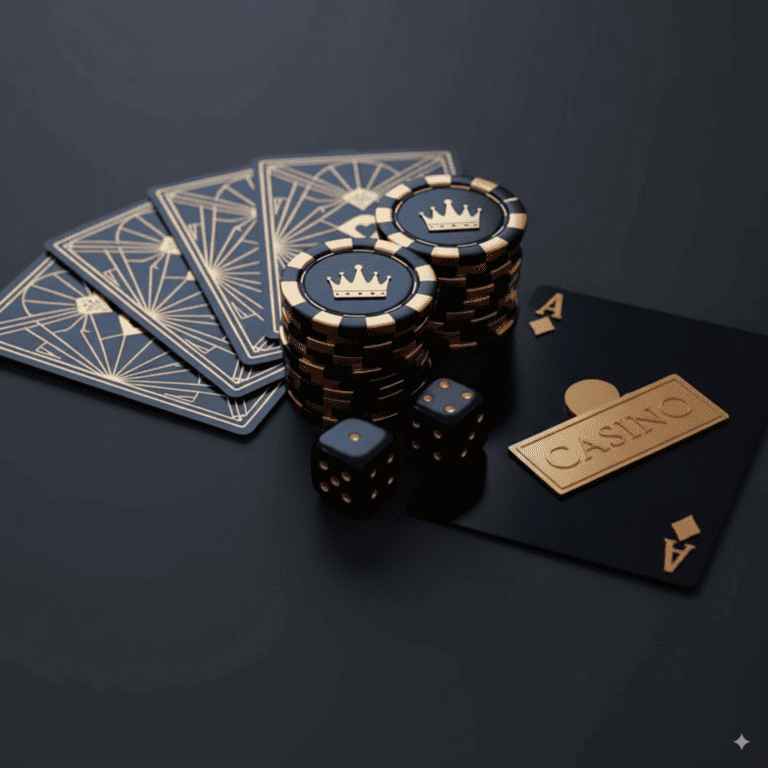
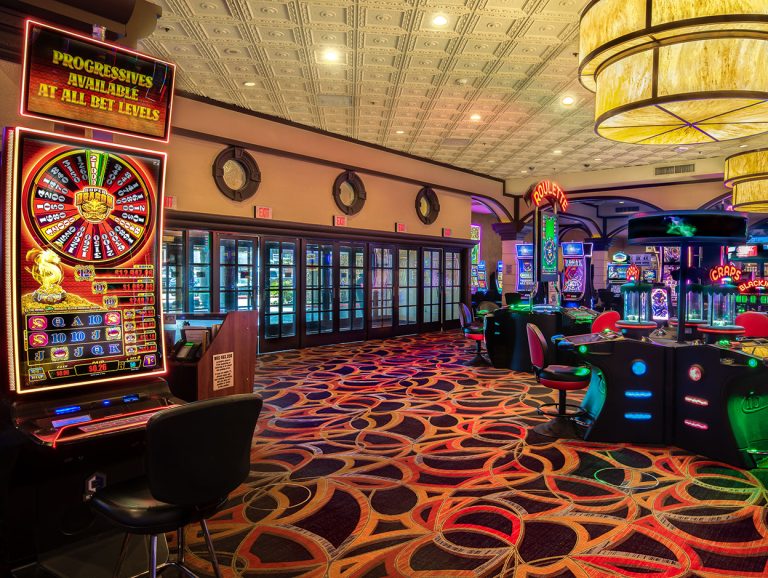
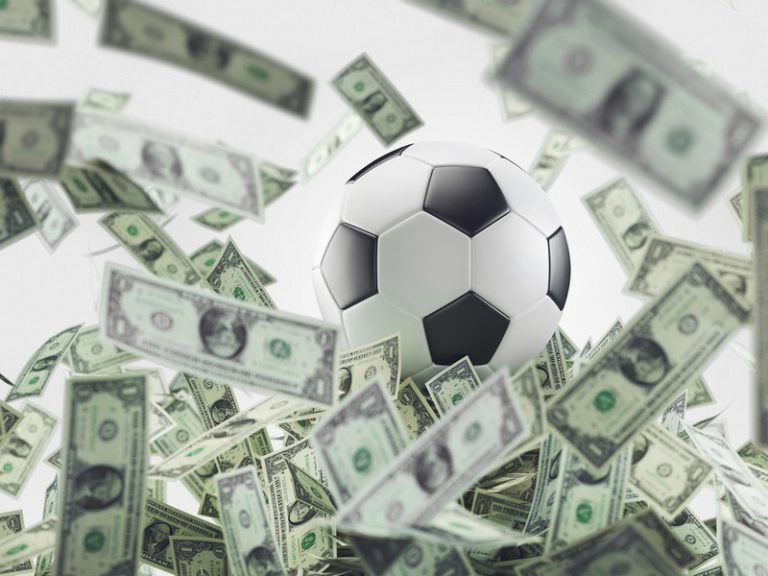
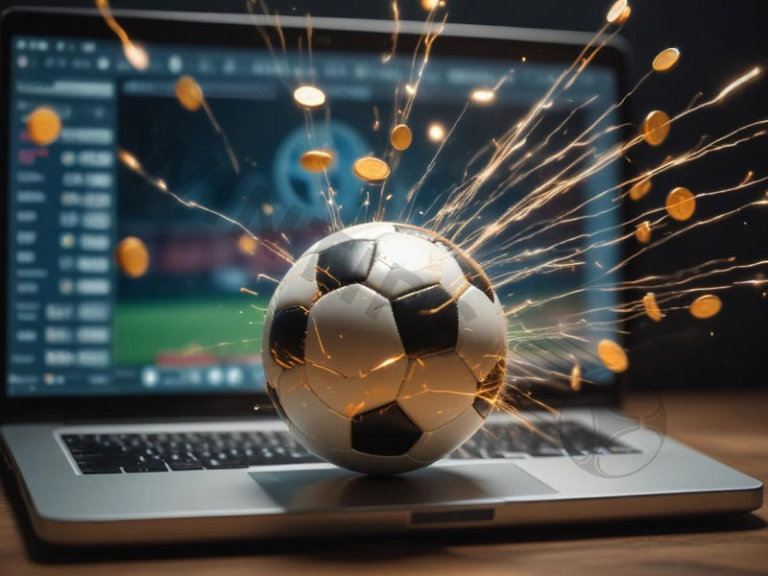
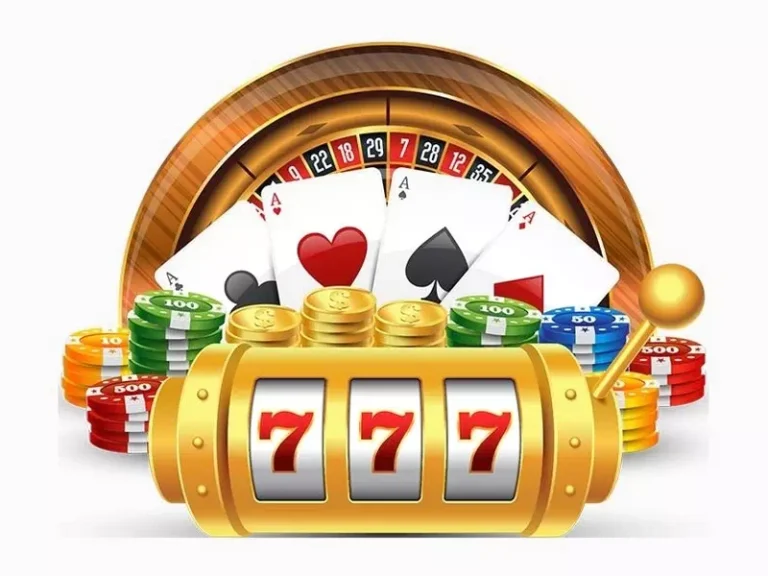
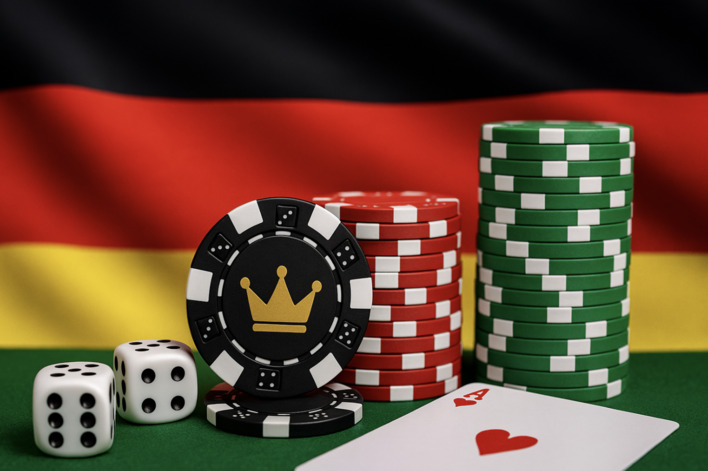
+ There are no comments
Add yours